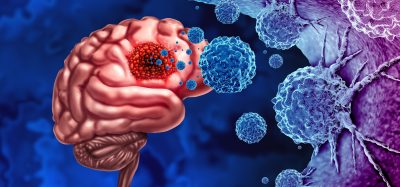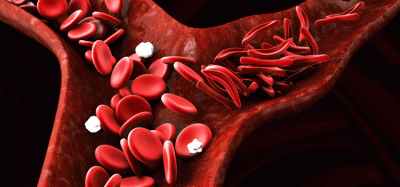Inflammatory regulatory protein identified by researchers
Posted: 22 November 2019 | Victoria Rees (Drug Target Review) | 1 comment
A study has discovered that the PKM2 protein plays a role in regulating immune cells and blocking this could be a potential treatment for inflammatory diseases.


Researchers have revealed the role of a protein in the regulation of immune cell types involved in multiple inflammatory diseases. According to the team, their findings present a drug target for these conditions.
The study was conducted at Trinity College Dublin, Ireland.
The PKM2 protein was identified as a potential therapeutic target for treating a range of diseases mediated by over-active immune cells, such as psoriasis and multiple sclerosis (MS).
Biomarkers aren’t just supporting drug discovery – they’re driving it
FREE market report
From smarter trials to faster insights, this report unpacks the science, strategy and real-world impact behind the next generation of precision therapies.
What you’ll unlock:
- How biomarkers are guiding dose selection and early efficacy decisions in complex trials
- Why multi-omics, liquid biopsy and digital tools are redefining the discovery process
- What makes lab data regulatory-ready and why alignment matters from day one
Explore how biomarkers are shaping early drug development
Access the full report – it’s free!
The researchers discovered that PKM2 acts as an ‘on’ switch for the Th17 and Th1 immune cells via experiments in murine and human cells in vitro.
The team also treated the immune cells with TEPP-46, an allosteric activator. This strongly reduced its PKM2 activity by inhibiting essential signalling pathways and was successful at limiting inflammation.
Lead author Dr Stefano Angiari said: “Th17 and Th1 cells are very important for the damage that happens in autoimmune diseases such as psoriasis and MS. We have found that interfering with PKM2 blocks these cells and limits inflammation.”
Lead researcher Professor Luke O’Neill added: “PKM2 is a fascinating protein that has a role in how cells use glucose for energy, but it also moonlights in the immune system, where we have found it can be especially troublesome. We are currently exploring it as a new target for therapies that might work in patients with diseases like psoriasis and multiple sclerosis, where treatment options are limited.”
The findings were published in Cell Metabolism.
Related topics
Disease Research, Drug Targets, Protein, Research & Development
Related conditions
inflammation, Multiple Sclerosis (MS), Psoriasis
Related organisations
Trinity College Dublin
Related people
Dr Stefano Angiari, Professor Luke O'Neill









Articles like this are essentially saying, “Studies show a new pathway in a highly non-linear system just might be able to control the system dynamics in a linear fashion, thereby proving we are incapable of understanding the probabilities that non-linear systems of importance are operating in a linear regime in the areas of our concern.